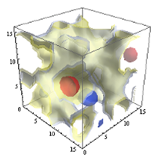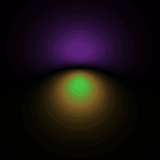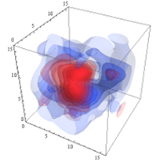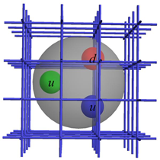LGT4HEP: 2025 Tutorials
In Spring 2025, we host 3-days of in-person tutorials + USQCD All-Hands Meeting 2025 at University of Maryland, College Park, during March 26-28 2025; the lectures tutorials are listed as following:
Large Momentum Effective Theory (LaMET)
Xiangdong Ji

Professor
Department of Physics
University of Maryland, College Park
Email: xji@umd.edu
Lecture bio: I am a QCD theorist working mostly on the quark gluon structure of the nucleon. I introduced generalized parton distributions in 1995 to describe spin and mass structure of protons and neutrons (spin and mass sum rules), and found a class of exclusive hard scattering to measure them. In particular, we can study the gravitational form factors through the new process. I have also proposed how to use lattice QCD to directly calculate parton distributions and other light-cone correlations such as distribution amplitudes, transverse-momentum-dependent distributions, and GPDs, known as large-momentum effective theory.
Lecture breif description: I will give an introductory discussion about the nature of parton model for high-energy scattering and parton distributions, and how to access to these distributons through Euclidean theory like lattice QCD. One of the most importance issues I will focus on is the dynamical dependence of the bound state structure on the center of mass momentum/velocity.
Introduction to Grid
Peter Boyle (he/him)
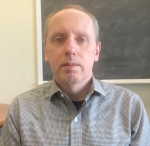
Senior Scientist
Brookhaven National Laborarory
Email: pboyle@bnl.gov
Lecture bio: I am a lattice QCD researcher with an interest in simulations with domain wall fermions for high energy physics and member of the RBC UKQCD collaboration. I developed the Grid software package for LQCD.
Lecture breif description: I plan to introduce common algorithms and approaches to lattice QCD with an emphasis on ground up development and how these are implemented, using my C++ package Grid as a concrete example. These include Laplacian solvers, Krylov solvers, covariant smearing and meson correlation function calculations. The tutorials can be previewed at https://github.com/paboyle/ComputationalCourseQCD
Introduction to Chroma
Frank Winter (he/him)

Staff Computer Scientist
Jefferson Lab
Email: fwinter@jlab.org
Lecture bio: He joined Jefferson Lab in 2013, bringing a strong background in High Performance Computing applied to Lattice QCD. Prior to this, he completed a postdoctoral fellowship at the University of Edinburgh from 2011 to 2013. Dr. Winter earned his Ph.D. from the University of Regensburg in 2011.
Lecture breif description: Overview of Chroma: Discussing its role as a C++ software package for lattice QCD calculations and its integration with QDP++. Installation and Setup: Guiding through the process of installing Chroma, including its dependencies. Hands-on Tutorials: Practical exercises, such as generating configurations and computing quark propagators, to illustrate Chroma's capabilities.
Schedule
Please find the tutorial schedule below. In the event of any discrepancies with the Indico timetable, the Indico site should be considered the definitive source for the latest schedule.
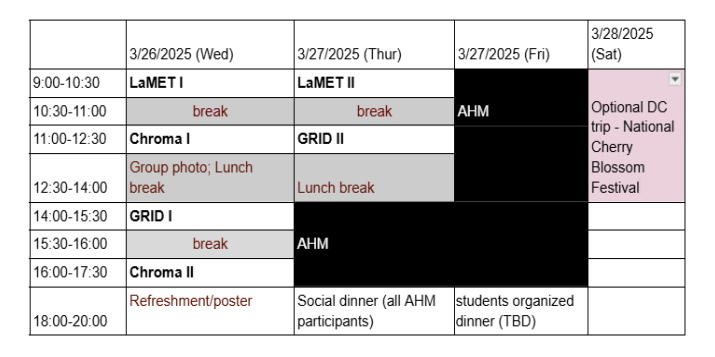
Sponsors
This traineeship is sponsored by DOE HEP Computing traineeship.

